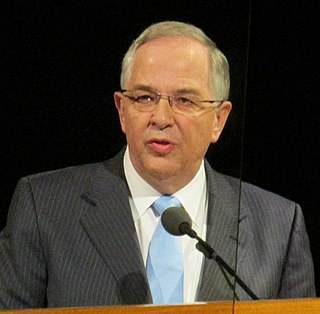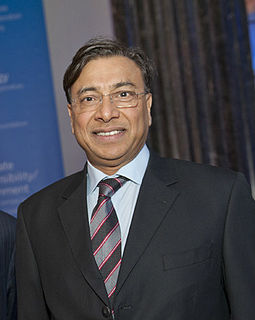A Quote by James E. Faust
Adversity is the refiner's fire that bends iron but tempers steel.
Quote Topics
Related Quotes
But, did the Divinity [of Christ] suffer? [...] The holy fathers explained this point through the aforementioned clear example of the red-hot iron, it is the analogy equated for the Divine Nature which became united with the human nature. They explained that when the blacksmith strikes the red-hot iron, the hammer is actually striking both the iron and the fire united with it. The iron alone bends (suffers) whilst the fire is untouched though it bends with the iron.
There are few of us, if any, who don't walk the refiner's fire of adversity and despair, sometimes known to others but for many quietly hidden and privately endured. Most of the heartache, pain, and suffering we would not choose today. But we did choose. We chose when we could see the complete plan. We chose when we had a clear vision of the Savior's rescue of us. And if our faith and understanding were as clear today as it was when we first made that choice, I believe we would choose again.
When the sun shouts and people abound One thinks there were the ages of stone and the age of bronze And the iron age; iron the unstable metal; Steel made of iron, unstable as his mother; the tow-ered-up cities Will be stains of rust on mounds of plaster. Roots will not pierce the heaps for a time, kind rains will cure them, Then nothing will remain of the iron age And all these people but a thigh-bone or so, a poem Stuck in the world's thought, splinters of glass In the rubbish dumps, a concrete dam far off in the mountain.




































